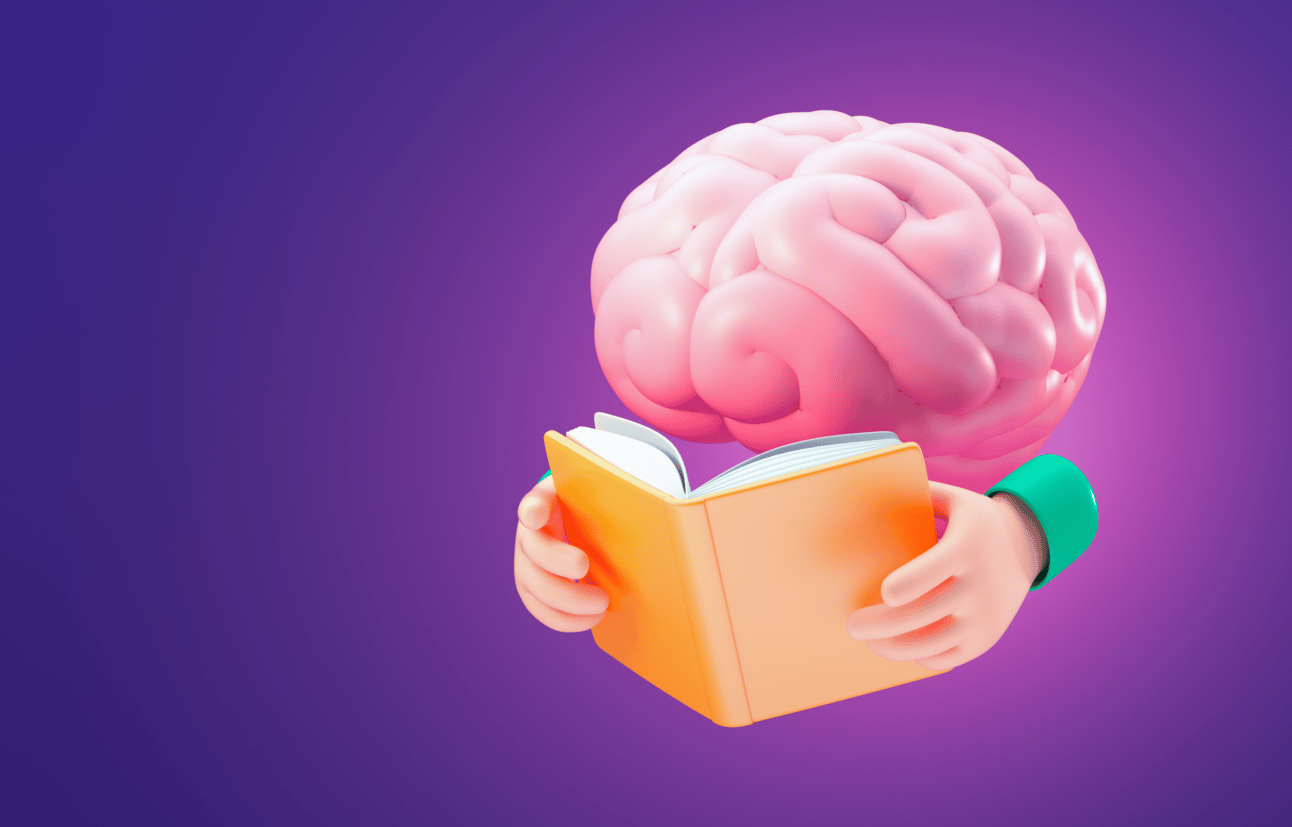Think Success Stories Tell the Whole Truth?
Think Again.!!
Picture this:
We’re in a world where we’re constantly bombarded with stories of success. We read about the traits that successful people share, we hear about entrepreneurs who risked
everything and won, we celebrate those who bet on themselves and succeeded.
But are we seeing the full picture?
Known as Survivorship Bias, is a cognitive trap that leads us to focus on the winners while ignoring the losers. This bias can distort our perception of reality, making us overlook the true risks and rates of success.
So, how do we escape this trap?
Enter the Possibility Grid, a 2x2 matrix that considers all possible outcomes:
Q1: Acted & Triumphed
Q2: Acted & Failed
Q3: Didn’t Act & Still Won
Q4: Didn’t Act & Lost
This grid pushes us to acknowledge the unseen, the overlooked, and the ignored. It reminds us that while certain traits and actions may increase our chances of success, there’s no guaranteed formula for it.
Survivorship Bias is hard to avoid because our history is largely written by the victors. But remember, the unsee often holds as much value as the seen.
Remember, the full story includes both the spotlight and the shadows

Listening to Connect: The Lost Art
This era, while unparalleled in its ability to connect us globally, paradoxically erodes the intimacy and depth that come from truly listening to one another. Active listening transcends mere auditory processing; it involves delving into the emotions, intentions, and unspoken truths that underpin spoken words. As we engage in both personal and professional realms, the transformation from mere conversations to meaningful exchanges hinges on this very skill. It's through attentive listening that empathy is fostered, bridging gaps that physical distance and digital communication widen. In a world inundated with information, choosing to actively listen—to understand rather than merely respond—becomes a deliberate act of connection.
This journey of rediscovering the art of listening is not just about reviving a lost skill; it's about returning to the core of human interaction, where each conversation becomes an opportunity to build more profound, empathetic, and enduring connections. In embracing this art, we find ourselves not only better communicators but also more connected human beings in an increasingly disconnected world.
Harnessing the Power of Mindful Movement: Elevating Mental Performance
Mindful movement encompasses activities that harmonize our physical and mental presence, such as yoga, tai chi, or even gentle stretching exercises. These aren't just workouts; they're gateways to enhanced mental clarity. When we engage in these activities, we're doing more than just moving our bodies. We're creating a space for our minds to recalibrate and rejuvenate.
The science behind this is as compelling as the practice itself. Physical activity increases blood flow to the brain, which is like delivering a fresh supply of oxygen and nutrients that help the brain function at its best. Moreover, mindful movement practices often emphasize deep breathing, which further enhances this effect. This leads to improved concentration, sharper memory, and a notable increase in creativity.
But it's not just about the biological benefits. Mindful movement helps in grounding our thoughts, enabling us to clear the constant buzz of information overload that defines modern life. It allows us to step back from our immediate concerns and view them with a new perspective, often leading to more innovative approaches to problem-solving.
So next time you're seeking a mental boost, consider stepping away from the desk and moving mindfully – your brain will thank you for it."
Unreveling ‘Blink: The Power of Thinking Without Thinking’
In 'Blink: The Power of Thinking Without Thinking', Malcolm Gladwell takes us on an eye-opening journey into the subconscious processes that underpin our snap judgments and quick decisions. This book isn't just an exploration of our mental capabilities; it's a deep dive into how and why we think the way we do in the blink of an eye.
Gladwell introduces us to the concept of 'thin-slicing' – the ability of our subconscious to find patterns in events based only on 'thin slices' of experience. He illustrates this through a variety of fascinating anecdotes and scientific studies, from art experts who can 'sense' a fake at first glance to marriage counselors who can predict divorce based on a few minutes of observing a couple.
One of the most striking aspects of 'Blink' is its balanced examination of the strengths and weaknesses of rapid cognition. Gladwell doesn't shy away from discussing the potential pitfalls of snap judgments, particularly how they can be skewed by our biases and prejudices. He delves into instances where instinctual decisions lead to erroneous conclusions, thereby cautioning readers about the limitations of relying solely on this type of thinking.
However, 'Blink' is far from being a critique of our quick-thinking abilities. Instead, Gladwell presents a nuanced view, suggesting that while our first two seconds of observation can be profoundly insightful, they require a certain level of awareness and control to be truly effective. He argues that training our instincts and being mindful of our unconscious biases can significantly enhance the accuracy of our snap judgments.
The brilliance of 'Blink' lies in its ability to make complex psychological concepts accessible and relatable. Gladwell’s engaging narrative style brings the science of rapid cognition to life, encouraging readers to reflect on their own decision-making processes. He doesn't provide a clear-cut answer on when to trust our instincts and when to be wary of them. Instead, he offers a framework for understanding the power and potential of our unconscious minds.
For anyone interested in the mysteries of human cognition, 'Blink' is a must-read that will change the way you think about thinking."

